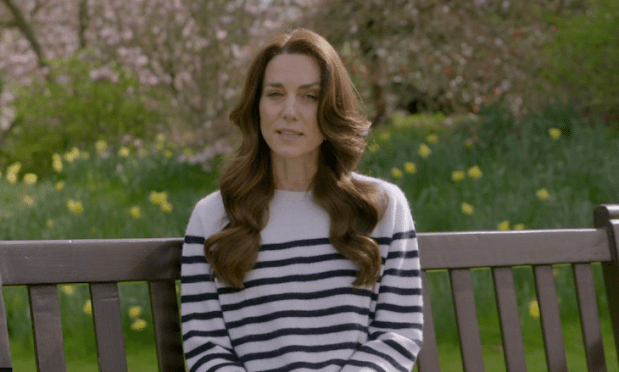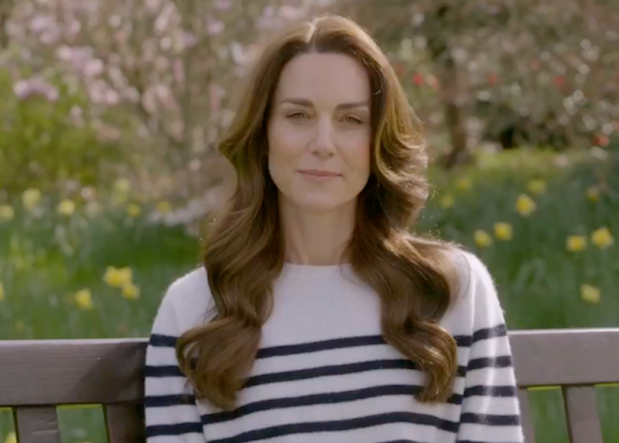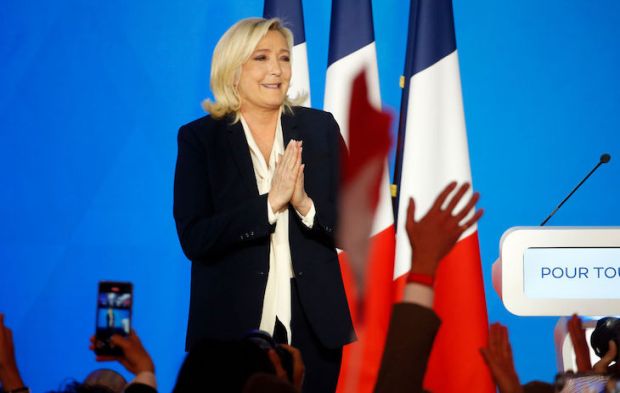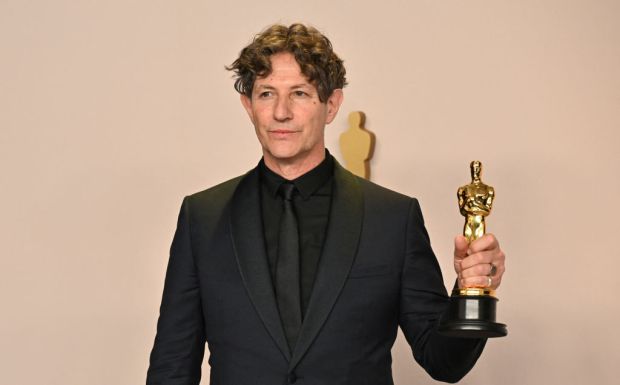As I sit here writing this, it’s just over one year ago since the first lockdown was imposed, without which I would have been touring with The Who. That included our annual concert for the Teenage Cancer Trust at the Royal Albert Hall.
Now, one of the UK’s premier calendar events has been cancelled for the second year running. It leaves a gaping £3 million deficit in the charity’s funding. Likewise, Teen Cancer America, the charity I founded with Pete Townshend in the United States, has lost $4 million in revenues we would have raised if our tours had not been cancelled.
It’s heart-breaking to see so many charities in trouble when they are needed the most. For teenagers and young adults with cancer, the pandemic is a curse upon a curse, leaving them vulnerable to life-threatening infections when their immune systems are already in crisis from debilitating treatments. If they have to stay in hospital, their loneliness and isolation is exacerbated by infection control regulations that will keep them from their loved ones, even in their final days should they not survive their cancer.
The only way for charities like ours – that receive no government funding – to survive in these stark times is to collaborate and find common ground that will enable them to work effectively in partnership. There is no more important field for efficient and effective medical interventions than cancer research.
Evidence from the American Cancer Society has shown a 30 per cent increase in cancer in young people aged 15 to 39 in the last decade. I am sure that will not be unique to America and I would put my money on the UK seeing a similar surge. Simon Davies, Executive Director of Teen Cancer America, has told me that we can’t be sure of the reasons why. ‘There could be genetic, biological or environmental influences, but it’s imperative that we investigate the causes,’ he told me.
Billions of pounds have been spent on cancer research, a large amount of which is charitably given, and yet it remains mostly focused on older people and the diseases that affect them. Shockingly, the opposite seems to be happening for young people. The trend in breast cancers is a good example. For older patients, there has been a steady improvement in outcomes. In younger women with cancer, the opposite is true. Despite the many advances in science, health and medical treatments, they are facing a decline in long-term survival. This means for some ethnic minority women, outcomes are even worse.
As Dr Mark Lewis, a Medical Oncologist at Intermountain Healthcare in the United States, and a young adult cancer survivor himself, put it:
‘It is no longer viable or accurate to assume that cancer is a disease of aging, or that treatments developed for an older population necessarily translate to younger patients. In fact, teenagers and young adults can often handle more intense therapy, and with many decades of their life still ahead, we need more trials specifically in this age group to optimize their survival and long-term health and wellness.’
We know that our bodies change as we get older and that we can become more vulnerable in so many ways. So why should treatments designed for older people be as effective in the young? They aren’t.
Most cancers that affect teenagers and young adults fall into the category of ‘rare’ or ‘less common’. Here lie other challenges. It may be that there is a lack of financial incentives for big pharma who are uncertain of recovering their investment. The lower numbers in any rare disease make large-scale studies difficult. Young scientists may be discouraged by their universities from studying rare conditions that may not attract sponsorship or be completed within their academic years. This is creating a ‘perfect storm’ that minimises innovation, progress and investment that will save young lives.
Professor Dan Stark, a Medical Oncologist from the University of Leeds, has said that, in order to ‘improve outcomes from cancer through research requires enough people to take part in a clinical trial. In the common cancers of older people, one in ten patients is sufficient to make progress. As Teenage and Young Adult Cancers are rarer, we need five in ten.’
For children, a powerful collaboration between governments, researchers, industry, doctors and charities developed 50 years ago. This ensured that over 50 per cent of children with cancers entered research studies. As a direct result there has been enormous improvement in survival and their quality of life. Teenagers and young adults need that same collaboration and drive to improve their chances.
We continue to forsake the young, our most precious commodity, in favour of improving outcomes in people my age group, the old farts. ‘Hope I die before I get old,’ may have been my anthem 50 years ago, but that mentality is a crime by society today. If we all thought about it from the perspective of our own families, we would never allow it to happen.
After surviving cancer twice as a teenager, Prince Aidoo from London told me, ‘I managed to survive cancer but some of my fellow patients and friends didn’t. I know there were those for whom there had been no new treatments for their cancers developed for decades. We have to do better, for their legacy and teenagers and young people in the future.’
We have just seen a year in which the power of international collaboration between governments, industry and academia addressed a world-wide crisis and produced vaccines in unparalleled timescales. We have seen what is possible. If there is a silver lining to this pandemic, it is that such collaboration is achievable and can produce astonishing results.
I’m calling on governments, universities, research centres, medical associations, the pharmaceutical industry, and the big research charities to come together and put youth first. I’m not talking about my generation anymore. I’m talking about the future for our children and grandchildren.
After 30 years of working with the Teenage Cancer Trust someone has to break the silence. If there are good medical and scientific answers as to why this situation still exists, I’ll be happy to accept them. These are good questions being asked by good people.
Got something to add? Join the discussion and comment below.
Get 10 issues for just $10
Subscribe to The Spectator Australia today for the next 10 magazine issues, plus full online access, for just $10.
Donations can be made at teenagecancertrust.org/donate



















Comments
Don't miss out
Join the conversation with other Spectator Australia readers. Subscribe to leave a comment.
SUBSCRIBEAlready a subscriber? Log in